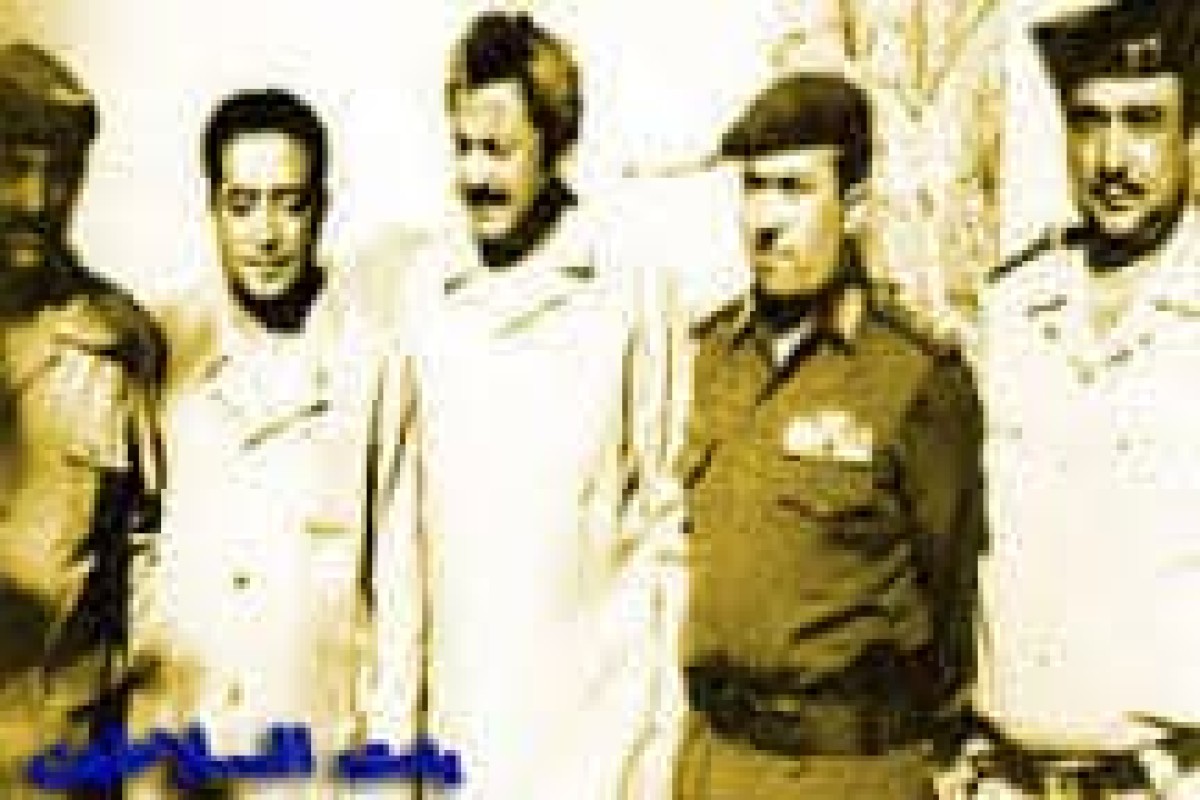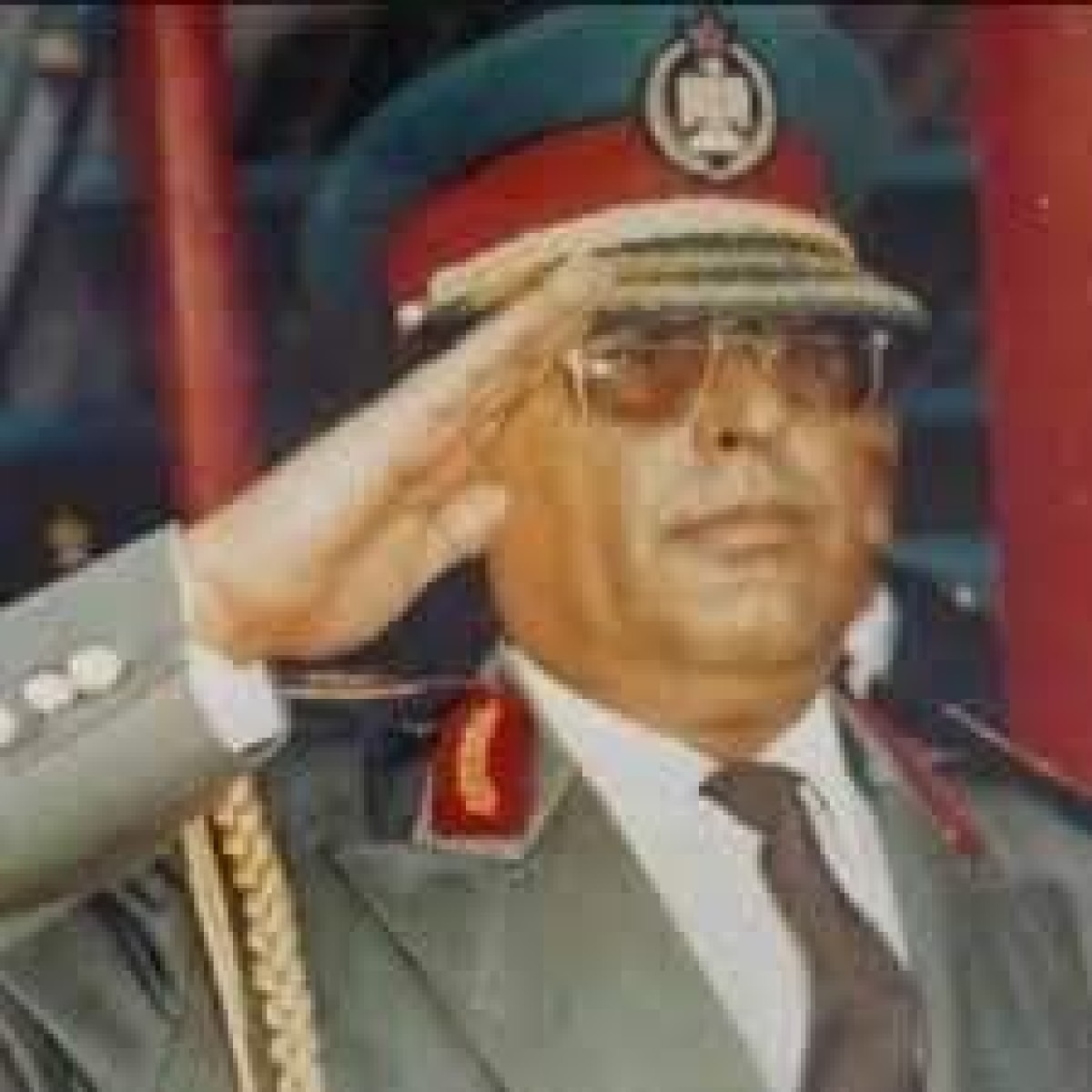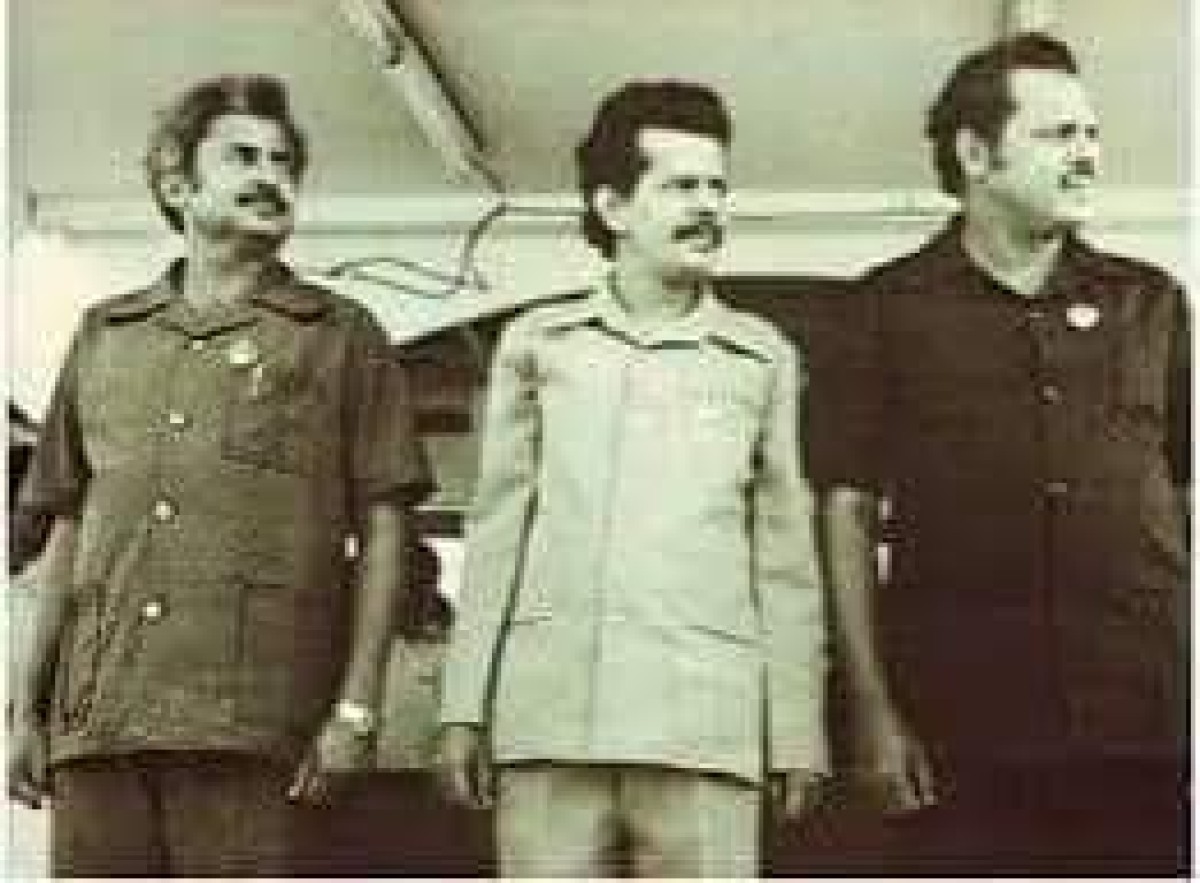Aden - Sanaa A history certificate..!


The testimony given by President Ali Nasser Muhammad on episodes of Aden Al-Ghad included the episode of the assassination of President Al-Ghashmi.
President Nasser said that the Minister of Interior at the time, Saleh Musleh Qasim, informed him of the assassination in a call he received from him. He also received a similar call from Muhammad Saeed Mohsen, Minister of State Security, informing him of the news of Al-Ghashmi’s assassination in retaliation for the assassination of President Al-Hamdi.
President Nasser, according to his testimony, condemned this behavior, adding that Saleh Musleh informed him that Major Ali Abdullah Saleh would head from Taiz to Sanaa and that Ali Mohsen was the one holding the reins there until Ali Abdullah Saleh arrived, and that he must be killed in the air. Before he arrives in Sanaa, he is the most dangerous and smartest man.
President Nasser added:
Saleh Musleh sharply defended his plan (meaning the incident of Al-Ghashmi’s assassination). While the Political Bureau was moving to hold Salmin accountable, Saleh Musleh was denying President Salmin’s knowledge of what had happened, considering himself the only one responsible, that he had made his decision alone, and that he bore responsibility for it and its consequences. Saleh Musleh - according to the words of Ali Nasser - was truly courageous in his position on what happened in Sanaa, and principled in dealing with the issue of unity, but in his own way, and his faith in this issue had no limits, and if he had sacrificed his son, Hassoun, or even himself for its sake, this is a testimony to history in its entirety. Regardless of the difference in viewpoints with him.
He suggested to Nasser that he and Saleh Musleh bear responsibility for the killing of Al-Ghashmi, form an investigation committee, and not involve President Salmin, but the latter rejected the proposal, directing his speech at the political bureau meeting in favor of Musleh, saying: Where did this “democracy” come to you tonight, Saleh? You and I orchestrated “this operation” behind the leadership’s back?
Abdel Fattah Ismail rejected the idea of exonerating Salmin and insisted that Salmin was the one who bore responsibility. After deliberations, everyone agreed that Salmeen would submit his resignation and go to Ethiopia, but his guards blew up the situation. After the short armed battle was resolved, they were arrested and handed over to the Minister of Defense, Ali Antar, and then they were tried and executed.
Regarding the authority that took the reins of power shortly after the assassination of Al-Ghashmi, Nasser said that the interim president at the time, Abdul Karim Al-Arashi, was dealing with great extremism with the southern side and remained opposed to lifting the sanctions taken by the Arab League against the Democratic Republic of Yemen. He even continued to reject reconciliation between Sana’a and the opposition National Front. .

